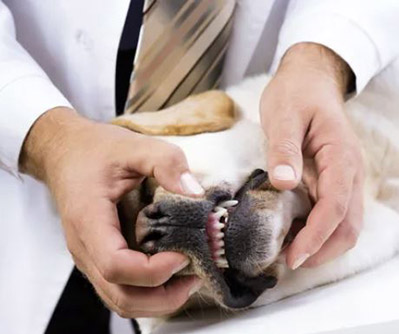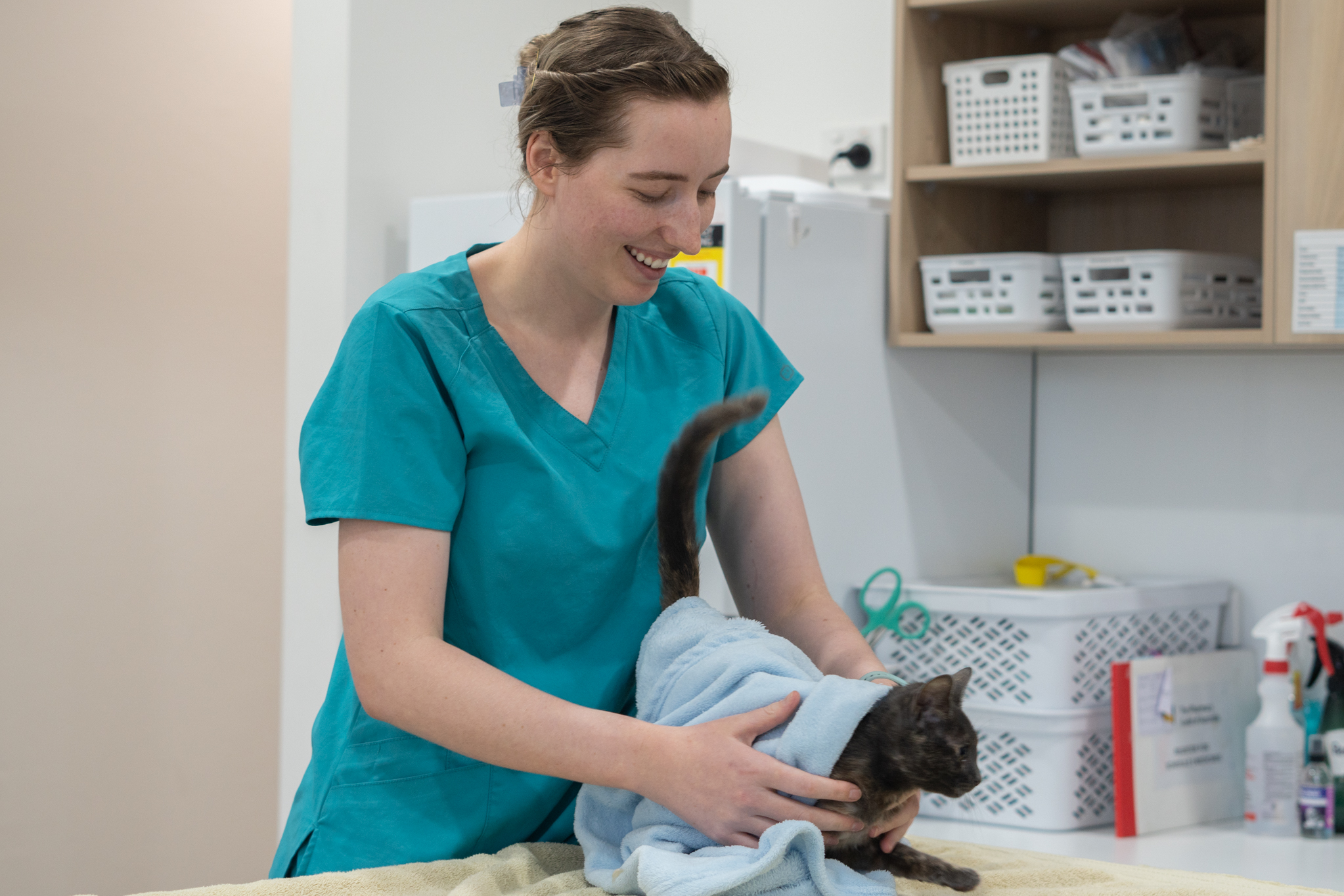Emergencies can happen at any time, and when they involve our beloved pets, they can be particularly alarming. As pet owners, it’s essential to be prepared and know how to respond when emergencies occur.
This guide will outline the top 5 emergency pet care tips, providing you with knowledge and strategies to effectively manage these stressful situations. Whether it’s a sudden illness, an injury, or an unexpected situation, these tips can help ensure your furry friend gets the necessary assistance promptly.
What is a pet emergency?
A pet emergency is any situation that poses an immediate threat to the health and well-being of your pet. These can range from physical injuries, such as fractures or deep wounds, to sudden illnesses like uncontrolled vomiting or seizures.
Other examples include ingestion of toxic substances, difficulty breathing, or signs of extreme pain like constant whining or agitation.
It’s important to note that any drastic changes in your pet’s behaviour, eating habits, or physical condition can also constitute an emergency. If your pet exhibits any of these symptoms, immediate veterinary assistance should be sought to ensure their health and safety.

Creating a pet emergency plan
Creating a pet emergency plan requires careful thought and preparation. Start by identifying local emergency veterinary clinics and their hours of operation. Keep this information easily accessible, alongside your pet’s medical records, which should include information about any existing health conditions and the medication they’re currently taking. It may also be beneficial to have a basic pet first-aid kit at home, equipped with essential items such as gauze, adhesive tape, and a digital thermometer. Lastly, ensure all family members are aware of the plan and know what to do in case of an emergency. This pre-emptive planning can make all the difference when time is of the essence.How much to save for a pet emergency?
Additionally, include an emergency care fund as part of your financial planning. Unexpected pet emergencies can be costly, and having a dedicated fund can help ease the financial stress. You can either go with a pet insurance company or create a separate bank account and put away money each week as an emergency pet fund.What are the most common pet emergencies?
The most common pet emergencies often involve trauma or sudden illness.
Trauma-related emergencies include being hit by a vehicle, falls from a significant height, or fights with other animals. These incidents can lead to fractures, wounds, and internal injuries that require immediate veterinary attention.
Sudden illness emergencies are typically less visible but equally urgent. These might encompass severe vomiting or diarrhea, often due to ingestion of toxic substances, or acute changes in behaviour like listlessness, aggression, or disorientation.
Respiratory distress, marked by laboured breathing or persistent coughing, is another common emergency, as are urinary difficulties where a pet is unable to pass urine.
Seizures form a separate category, arising from conditions like epilepsy or due to certain toxins. Finally, unexplained severe pain, evident from symptoms like excessive crying, shaking, or changes in movement or posture, warrants immediate veterinary intervention.
These emergencies underscore the importance of closely monitoring your pet’s behaviour and physical condition, as early detection can potentially save your pet’s life.
When to take your pet to the emergency vet: 5 emergency pet care tips
1. Stay Calm
Your first instinct during a pet emergency may be to panic, but it’s essential to remain calm. Your pet can sense your stress, which can exacerbate their own distress. Approach the situation with a clear mind to ensure you can provide the appropriate care.
2. Conduct a Basic Examination
Perform a quick assessment to identify any visible injuries or abnormalities. However, refrain from probing deep wounds or moving your pet unnecessarily if they’ve had a significant fall or injury.

3. Contact Your Vet Immediately
After assessing the situation, it’s important to contact your veterinarian or an emergency pet care service immediately. Describe the symptoms as accurately as possible to help the vet understand the problem.
4. Follow Vet Instructions
If the vet gives you any specific instructions over the phone, make sure to follow them closely. They might instruct you on how to safely transport your injured pet, or give first-aid instructions.
5. Transport Safely to the Vet
When moving your pet, do so cautiously to avoid causing further harm. If possible, use a pet carrier. For larger pets, you can use an improvised stretcher made of a board, rug, or blanket. Always approach your pet gently and speak reassuringly to keep them calm.
Remember, these emergency pet care tips are only to be used in emergency situations and regular vet check-ups are integral to your pet’s health and well-being.
Emergency pet care at Plus One Vet
Plus One Vet is your trusted vet to call in a pet emergency. We make time during opening hours to take care of emergencies. And provide your pet with the best in emergency care.
If your pet is experiencing an emergency, please don’t hesitate to contact us.



